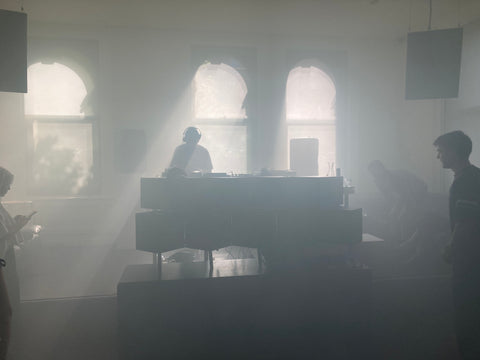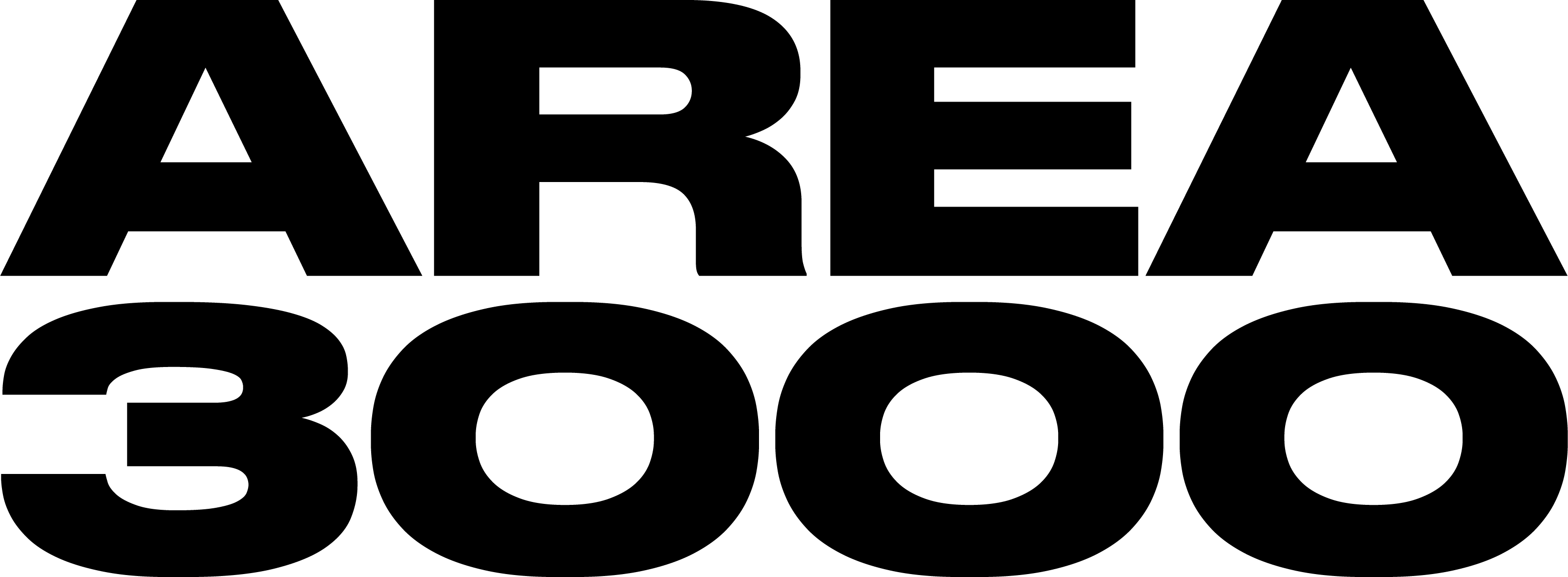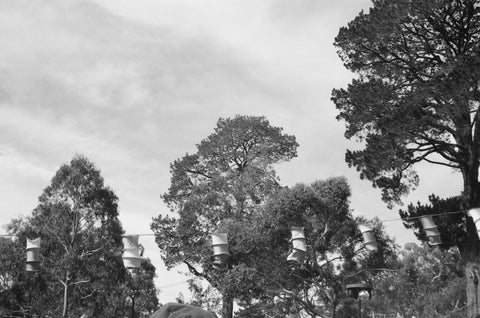
Photo: Techworld has long championed the extended set, with Sandpit Alias pictured here. Author's own, November 2021.
I’ve been doing the Area 3000 gig guide for pretty much 3 years now, giving me an up-close view on an intriguing trend: some promoters and bookers committed to booking extended sets with a minimum of 2 hours per act, with a much larger set of events booking a headliner for 60-90 minutes and supports playing, almost uniformly, 60 minutes.
While I attend and can enjoy both, seeing the scales tip in the direction of shorter sets with larger lineups concerned me as a consumer who’d prefer seeing a healthy mix of both. How do promoters feel about booking either event approach? What do they offer?
For promoters, booking extended sets often starts as a labour of creative love, morphing into a pitch for consumers and artists built on one-off experience. Nergal Youkhana from Charades Events plans the Divinations series, the longest running all-night-long in the city (edit as I upload this: go see Soju Gang, this weekend!), and said that booking for the series has often been as much a matter of artists wanting to vary their tour schedules and experiment with the club night format as much as it can be about the promoter’s work in identifying and working with talent.
Hearing from Hannah D and Bex from the Send/Return series, a bi-monthly b2b all-night-long party, they note moving toward extended sets and experimenting with the club night format supports more satisfying creative expression, both for them and the artists they work with. They state that their event is built on being able to “ask someone who their dream b2b is and then working from there,’ giving DJs an opportunity to consider what areas of their practice they’d like to challenge or express in an open-plan format.
This isn’t to say that 60 minute sets have no place, especially when it comes to opening up slots for lesser known or new talent to be able to get used to the ropes of their performance, solidify their reputation for that slot or situation, or begin a professional working relationship. Speaking with Marination, who’ve booked a variety of suburban and CBD venues and set lengths, it can also be an opportunity to connect with others and build more socially-geared communities through exchange of slots and opportunities.
From a performance point of view, it’s often a question of tradeoffs experienced by artists as a result of the promoter’s booking decisions. Shorter sets or sets with changeovers can be said to provide a chance for DJs to continue their own growth in playing to the floor, setting the tone and understanding how dancers enjoy the course of a night. It can also be said that it creates a sense of pressure that means DJs feel more compelled to ‘go big,’ to wildly different results depending on the dancefloor and time – with a live and understandably tense discussion around opening DJs playing faster and harder in ways that presuppose the remainder of the night.
But consumers should remain engaged with the events they attend – 60 minute sets can also be used as tools by promoters to extract effectively free labour from aspiring DJs in selling tickets whilst also lessening their own talent costs, reflecting the wicked commercialised bent that has nested within local events.
Extended sets can provide artists with a unique chance to build the floor as they like, without having to take another act's choices into account, and changes the flow of the event as well – permitting ebbs and flows, although the lack of structure can create pressures on artists all of its own.
Economically, tradeoffs appear again. Extended sets provide a smoother night of programming, but not without increased ticket sales risk depending on picking the ‘right’ artist or space for the event to connect with audiences. Nights built on shorter set times may be subject to disjointed programming or technical difficulties in supporting multiple acts, but also permit promoters to effectively market their event to a larger group of people and tastes as a result.
I, personally, have always preferred the extended set and its capacity to connect with dancers and history through giving DJs a significantly more open format to play, effectively, whatever. Send/Return also noted to me the extended set’s place in dance music history – be it Larry Levan at Paradise Garage conceiving of new ways to play the same records 40 years ago, Marco Carola's recrurring exploits at Sunwaves Festival, or modern leaders such as CCL and DJ Voices.
But that doesn’t mean that it’s not a fraught and ongoing consideration for artists, promoters and punters alike. Send/Return explained the issues of Australian venues being built around restrictive liquor licensing that effectively rules out a party going beyond 6am, but the factors driving the trend are innumerable and difficult to untangle.
Consumers have an unrivalled power, though, to support events that they feel are booking the lineups they care about in ways that are sustainable into the future.
written by Sam Doyle – thanks and apologies to those who provided responses to this – some five months ago!






When booking artists who have decades of experience digging for music and playing to crowds I think it does them and the crowd a disservice to have them play for... Show more